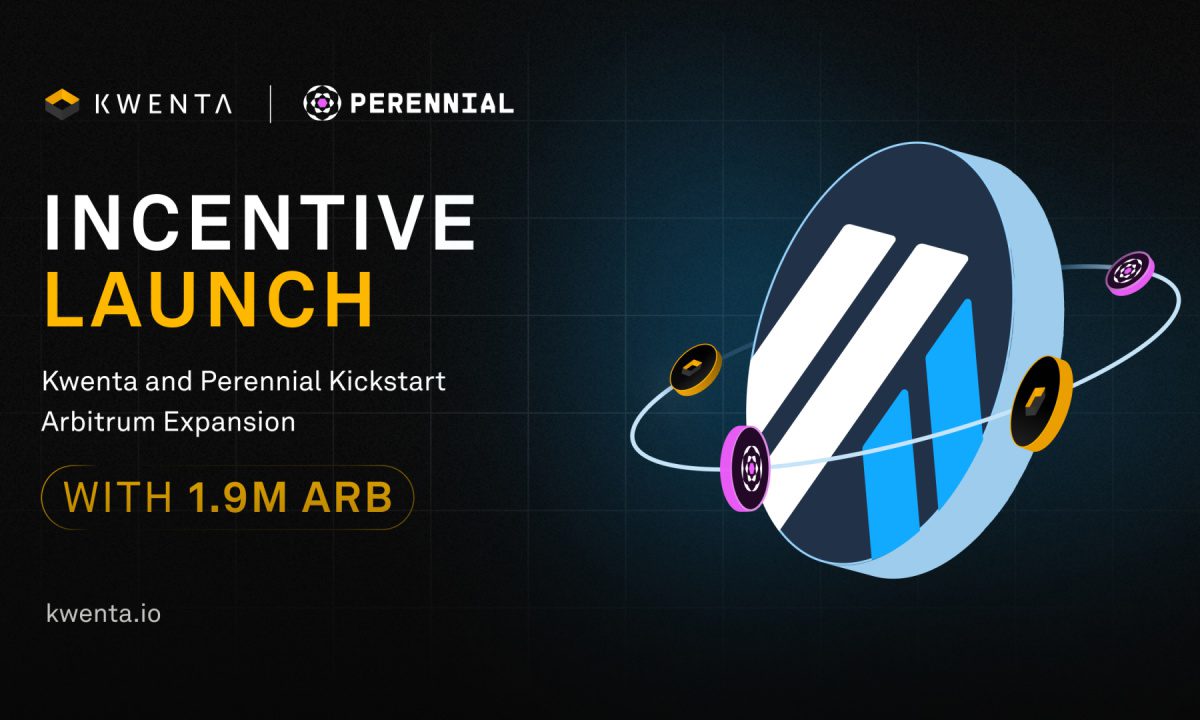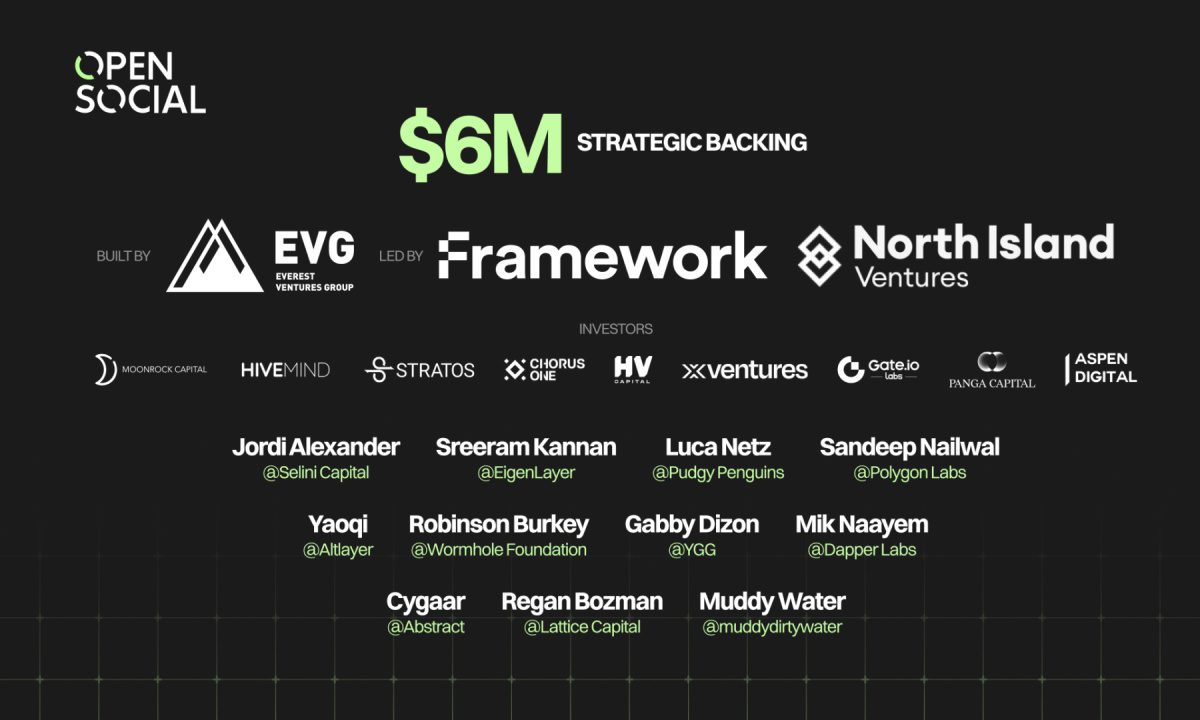Capital funding refers to the provision of money, either through debt or equity, to support a company’s operations and growth. Traditionally, a company’s capital structure was determined by examining its liabilities and shareholder equity as stated on its balance sheet. However, with the advent of blockchain technology, tokens, and decentralized autonomous organizations (DAOs), alternative approaches to capital funding have emerged.
In the blockchain space, companies or organizations have the option to raise capital by issuing tokens instead of relying solely on traditional capital funds. These tokens can represent ownership rights, utility, or other forms of value within a specific ecosystem. By issuing tokens, companies can tap into a global investor base and leverage the benefits of blockchain technology, such as transparency, immutability, and programmability.
It is important to note that global regulators have clarified that tokens are not considered securities in all cases, which means they do not necessarily have the same rights and protections as traditional securities governed by securities acts. This regulatory distinction between tokens and securities has paved the way for innovative fundraising models like Initial Coin Offerings (ICOs), Security Token Offerings (STOs), and other token-based fundraising mechanisms.
Companies can choose various methods to raise capital funds:
What is issuing stocks?
One of the traditional ways to raise capital is by issuing stocks. Stocks represent ownership in a company and provide shareholders with certain rights, such as voting rights and a share of profits through dividends. In the blockchain context, companies can tokenize their stocks, allowing investors to hold digital representations of these shares on a blockchain network. Tokenized stocks can facilitate faster and more efficient transactions, enable fractional ownership, and potentially provide liquidity to investors.
What is issuing debt?
Another common method of capital funding is through debt financing. Companies can issue bonds or take loans from financial institutions to acquire the necessary capital. Blockchain technology can streamline this process by allowing the issuance of digital bonds or decentralized lending platforms. These digital debt instruments can enhance transparency, automate interest payments, and enable seamless transferability between parties.
What is Issuing Tokens?
In the blockchain world, companies can also raise capital by issuing tokens. These tokens can serve different purposes, such as utility tokens, security tokens, or governance tokens. Utility tokens are designed to provide access to a product or service within a decentralized ecosystem. For example, Filecoin issued utility tokens that allow users to access decentralized cloud storage. Security tokens, on the other hand, represent ownership in a company or asset and provide investors with similar rights and protections as traditional securities. Finally, governance tokens enable holders to participate in the decision-making processes of a decentralized organization.
Let’s take a closer look at an example:
What is The Brooker Group?
The Brooker Group, a publicly listed financial consultancy and capital management company based in Thailand, has embraced blockchain technology and digital assets. Varit Bulakul, the president of investment banking and digital assets at The Brooker Group, has played a crucial role in the company’s transition to digital assets.
Varit’s vision is to integrate the digital asset ecosystem into the traditional financial services sector. The Brooker Group holds the distinction of being the first publicly listed company to directly invest in decentralized finance (DeFi) and decentralized applications (DApps) projects. By embracing tokenization and exploring the potential of decentralized finance, The Brooker Group is positioning itself at the forefront of technological innovation in the financial industry.
Prior to joining The Brooker Group, Varit worked as an auditor at Deloitte in Bangkok. His background in accounting and finance provides him with a strong foundation to navigate the complexities of digital assets and blockchain technology. Varit holds a Bachelor of Arts degree in Accounting and Finance from Lehigh University and a Master’s degree in Accounting from Boston College.
In conclusion, capital funding is a critical aspect of company growth and operations. While traditional methods such as issuing stocks and debt are still prevalent, the emergence of blockchain technology has introduced new possibilities for raising capital through token issuance. By leveraging the benefits of blockchain, companies can tap into a global investor base, increase liquidity, and explore innovative fundraising models. However, it is crucial for companies and investors to navigate the regulatory landscape and ensure compliance with applicable securities laws when engaging in token-based capital funding.













